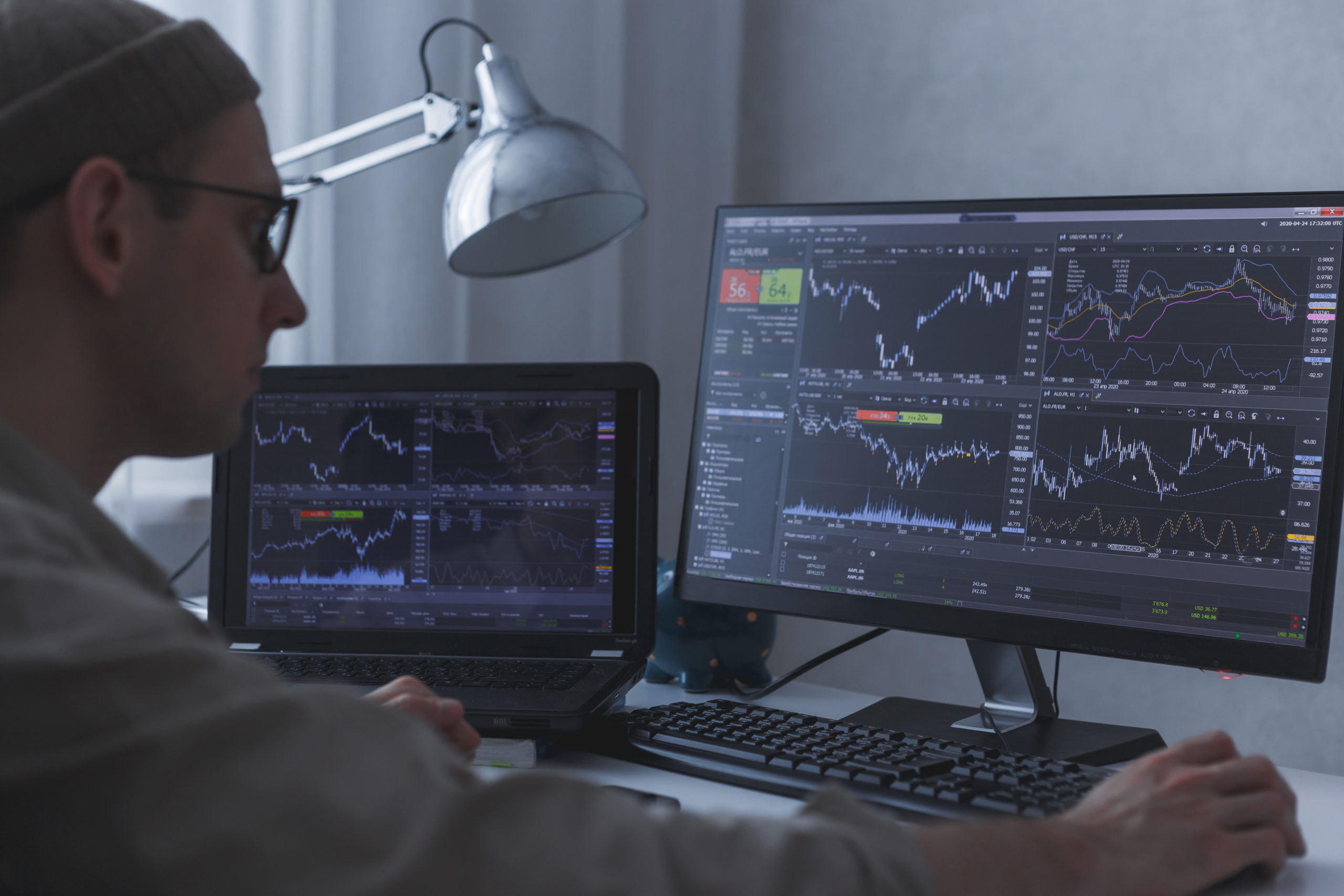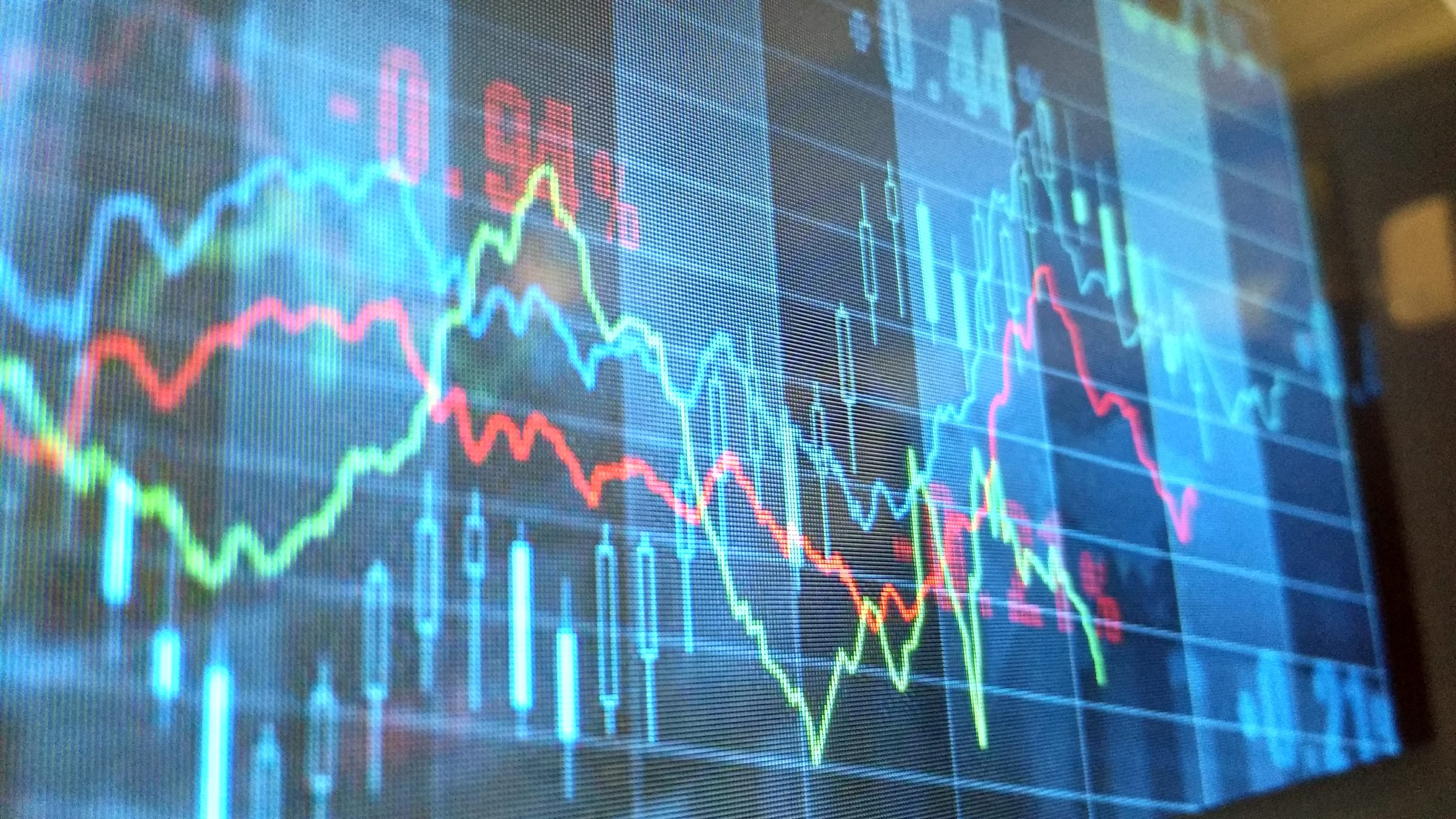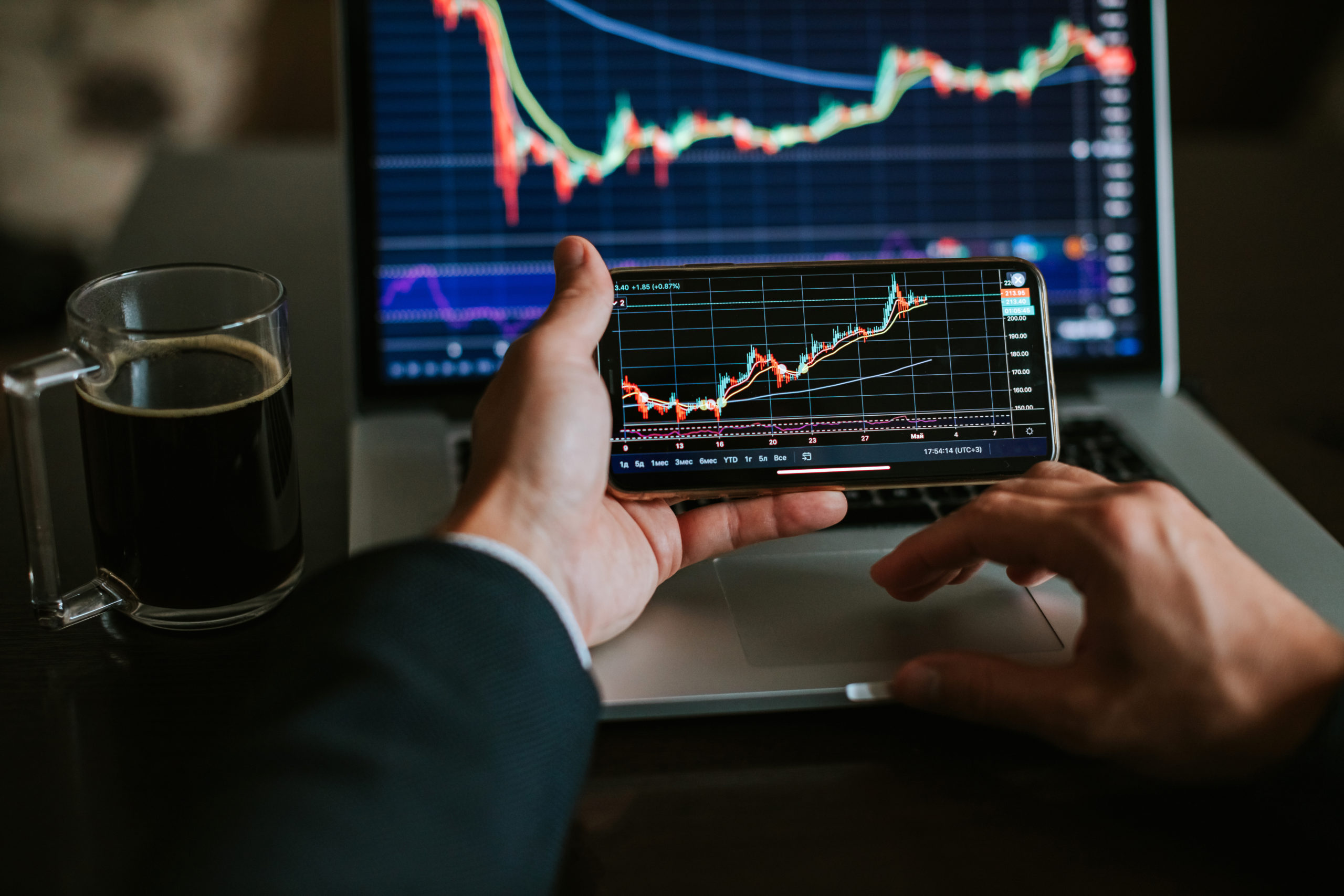Trading is an activity that has become very popular in recent years, but not everyone is clear about the concept. Do you know what trading is? Do you know what trading is? If you are not sure, do not worry: in this article we will explain in detail what trading is, what we need to be a trader and we will try to answer the question of whether you can make a living from trading. If you are interested in these topics, keep reading!
The word trading is an anglicism that in Spanish literally means “commerce” or “transaction”. However, when we ask ourselves what trading is, this definition falls short as it is not such a simple activity. Trading involves much more than a simple transaction.
When we speak of trading we refer to the activity of speculating in the financial markets with the aim of achieving profits or profits. How? With the purchase or sale of financial assets of different types, from shares, through currencies, raw materials, to cryptocurrencies, among others. The more liquid the asset, the better. In short, it is a type of investment to obtain returns but at the same time involves significant risks that must be managed in the best way.
Both in trading and in traditional investment we expose our savings in the financial markets, but we must clarify some differences between these two activities:
- The investment generally refers to the long term, to buy an asset, usually shares, to hold it for a long period of time so that we achieve a periodic income, in the form of a dividend or annual return.
- Trading, on the other hand, is more speculative and generally refers to the short / medium term. It looks for small returns by opening and closing several positions, so it requires greater attention to be aware of the entry and exit opportunities that arise, either within the same day or on several different days.
- Trading has a greater variety of financial assets, including so-called derivative products, instruments that allow you to take advantage of both bull and bear markets and that, in many cases, allow you to use leverage. Of course, all this increases the risk of losing our money so we must use them carefully.
Once we have a more or less clear idea of what trading is, let’s see what a trader is. A trader buys and sells financial assets (stocks, bonds, currencies, options, etc.) while monitoring the movements of market prices in real time with the aim of generating profits from a certain capital.
The trader can be self-employed, using his own money, or salaried, using the money of others. You can specialize in certain assets or markets and in certain styles of trading: binary options trader, commodities trader, high frequency or scalper trader, Forex trader, oil trader or day trader.
⏩ Since the rise of the Internet, independent traders who trade with their own money at home are more and more numerous, since access to the markets is now much easier.
⏩ The companies that employ salaried traders are mostly financial institutions but can also be private listed companies whose main business is another.
How much does an independent trader earn?
Within the question what is trading, there is also another and that is how much a trader can earn. Calculating what an autonomous trader earns is almost impossible, also taking into account that each one will have a different capital and a different style. For example, a young trader is very likely to earn less than an experienced investment and finance trader.
In the same way, someone who is dedicated to trading as a main activity is very likely to be able to generate more profits than a trader who uses only a few hours a day.
Despite this, an estimate can be made taking into account the return on investment (ROI), the initial capital of the account and the costs involved in operating. If, for example, your goal is to obtain a return of 5% per month on an initial capital of 5,000 euros, this is 250 euros per month or 3,000 per year. This percentage may vary up or down, depending on the type of operations and trading costs, which can be commissions, spreads or swaps.




